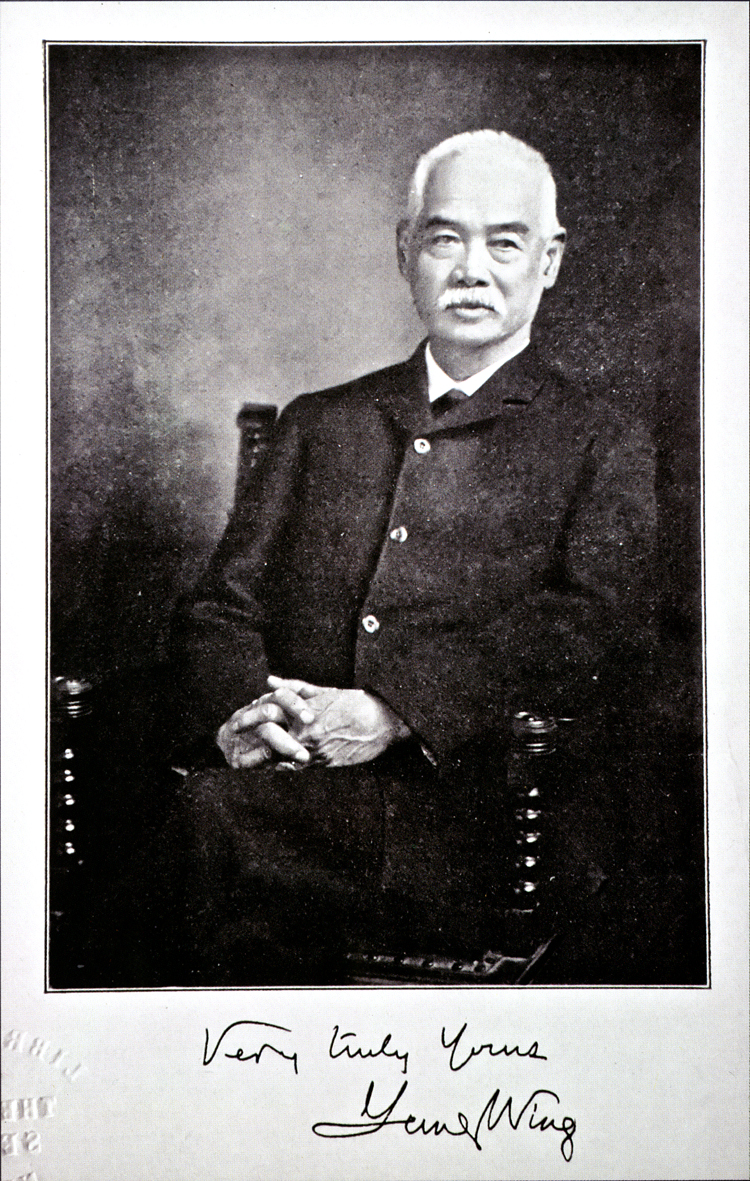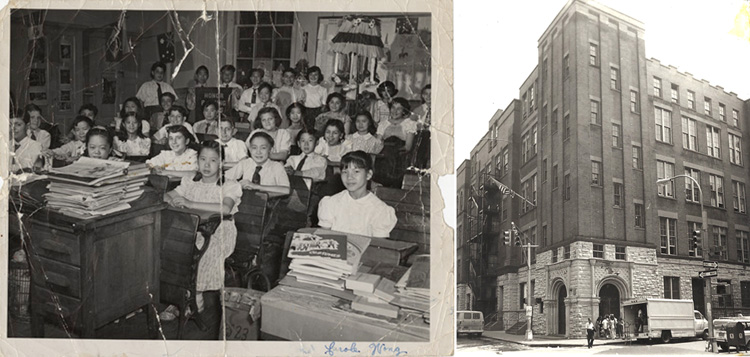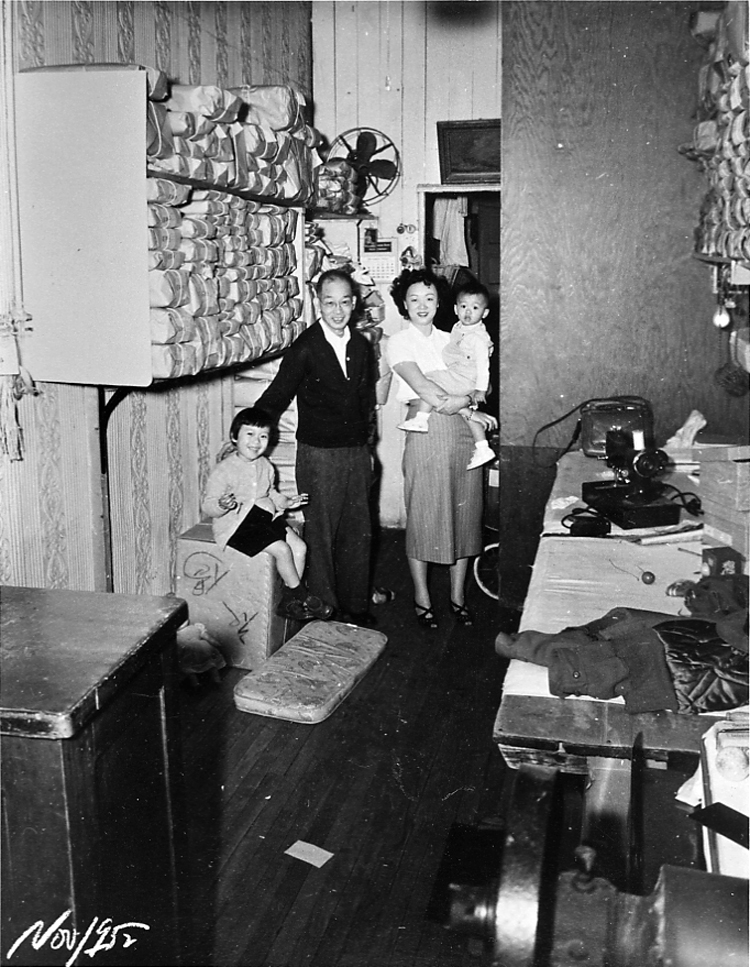Yung Wing (1828-1912) was the first Chinese student to graduate from a North American university. After graduating from Yale University in 1854, Yung was consumed by the issue of China’s political, economic, and social stagnation. So influenced by his own education, Yung convinced the Qing Dynasty government that western education in science and military technique could greatly advance China. In 1872, Yung organized the Chinese Education Mission and sent 120 young students to study in New England for a period of 8 years. Four years later, he married Mary Kellogg, with whom he had two children. But his mission suffered tension on both ends:American sponsors rejected the mission’s applications to Military and Naval Academies on the basis of race, and his Chinese overseers, who were already suspicious of Americanization, pulled the plug on the program after Wing’s promise of military education failed. Yung strongly supported reform in China, which put him in great political peril – after fleeing to Hong Kong, he attempted to return to the U.S. but in 1902 was told his U.S. citizenship had been revoked under the Naturalization Act of 1870. Yung was able to sneak into the U.S. in time to see his youngest son graduate from Yale, where he remained active in high-level Chinese revolutionary politics and was even requested by Sun Yat Sen to help build the new Republic of China in 1911. While Yung was unable to complete his mission of bringing Western education to China, he left a legacy of Chinese education in the U.S.: Yung’s donation to Yale of 12,000 volumes from his own collection would found the core of its world-renowned East Asian Library.
Collections馆藏Collections馆藏Collections馆藏Collections馆藏Collections馆藏Collections馆藏Collections馆藏Collections馆藏Collections馆藏Collections馆藏Collections馆藏Collections馆藏Collections馆藏Collections馆藏Collections馆藏Collections馆藏Collections馆藏Collections馆藏Collections馆藏Collections馆藏Collections馆藏Collections馆藏Collections馆藏Collections馆藏Collections馆藏Collections馆藏Collections馆藏Collections馆藏Collections馆藏Collections馆藏Collections馆藏Collections馆藏Collections馆藏Collections馆藏Collections馆藏Collections馆藏Collections馆藏Collections馆藏Collections馆藏Collections馆藏Collections馆藏Collections馆藏Collections馆藏Collections馆藏Collections馆藏Collections馆藏Collections馆藏Collections馆藏Collections馆藏Collections馆藏Collections馆藏Collections馆藏Collections馆藏Collections馆藏Collections馆藏Collections馆藏Collections馆藏Collections馆藏Collections馆藏Collections馆藏Collections馆藏Collections馆藏Collections馆藏Collections馆藏
Yung Wing

11 June 2019 Posted.
10 Episode TV Documentary Series Yung Wing, Courtesy of Zhuhai Television, Museum of Chinese in America(MOCA) Collection.
十集大型历史纪录片《容闳》,珠海电视台捐赠,美国华人博物馆(MOCA)馆藏

